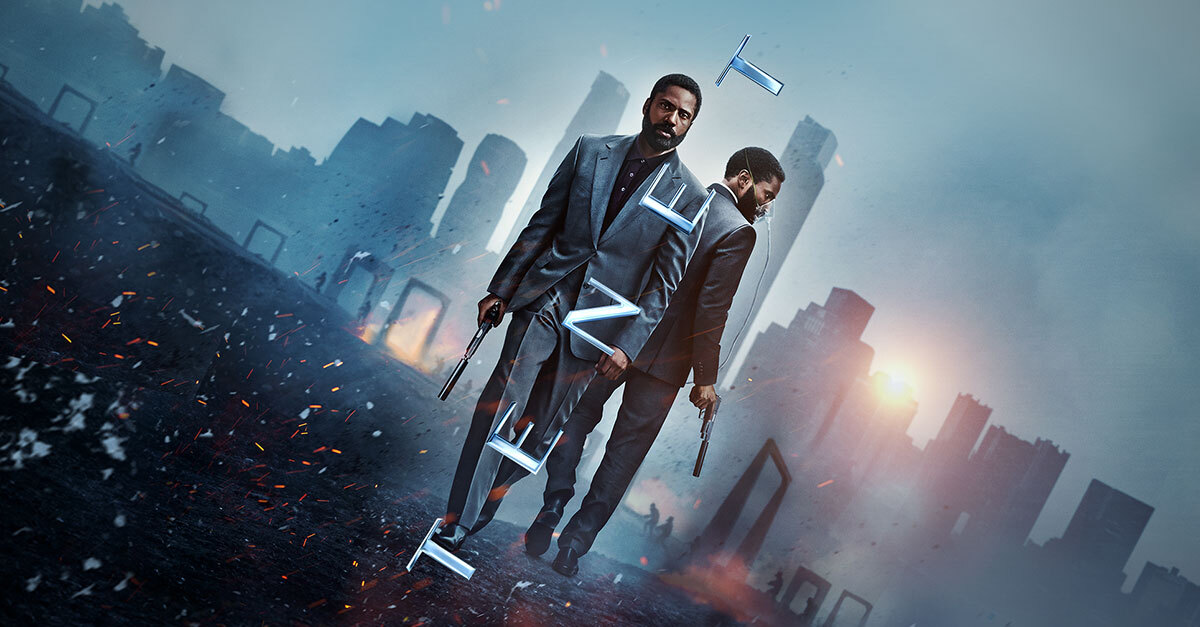I believe that the meaning of the film is deconstructing the fantasy of time travel and learning to balance a fatalistic worldview with personal morals. All of us, at some point, wish that we could go back and change the past. But you can’t. It’s futile. It’s the grandfather paradox. “What’s happened’s happened,” Neil says.
At the same time, Sator has given up hope in the future because of the past, and his outlook is one of both selfishness and nihilism. The Protagonist is the opposite of both these qualities, and we see this because he gives up his life to save his colleagues (selflessness) at the beginning of the film—even though they’re already dead (idealism).
Even if we know how something ends, we still need to rely on our instincts and live in the moment. Or as Neil adds, “What’s happened’s happened; which is an expression of faith in the mechanics of the world. It’s not an excuse to do nothing.” That’s free will. “We live in a twilight world,” serves a greater purpose of aligning the world of the story with the world of the audience. It’s not hard to see that climate change is destroying life and the film explicitly states this as an inevitability. This certain, immovable ending sets Sator and The Protagonist up as foils, who take radically different paths despite both knowing how the journey ends.
The characters know that everything works out because of the temporal pincer. They know that it’s a happy ending (just like we know that most movies have happy endings), but they don’t know how they get there. They don’t have the memories of it yet, because for them it hasn’t happened yet. Their experience is like the audience’s: a suspension of belief as the moment-to-moment experience suppresses the certainty of a happy ending. Or, to go back to Neil’s speech, “...but it’s the bomb that didn’t go off, the danger no one knew was real, that’s the bomb with the real power to change the world.”
In my humble opinion, I really believe that the message of this film went over a lot of general audience’s heads at the time of release due to the pandemic, unreasonable expectations, and of course the complexity of the plot. But after multiple viewings, and considering it along with what Nolan’s other films seem to say about the world (particularly Interstellar and Dunkirk), I think that Tenet may end up ranking very high in my personal list of Nolan films. What do you all think?


The Conversation Not yet any comment
Good post? Like it. ->
Start a discussion, not a fire 🔥. Comment with kindness.